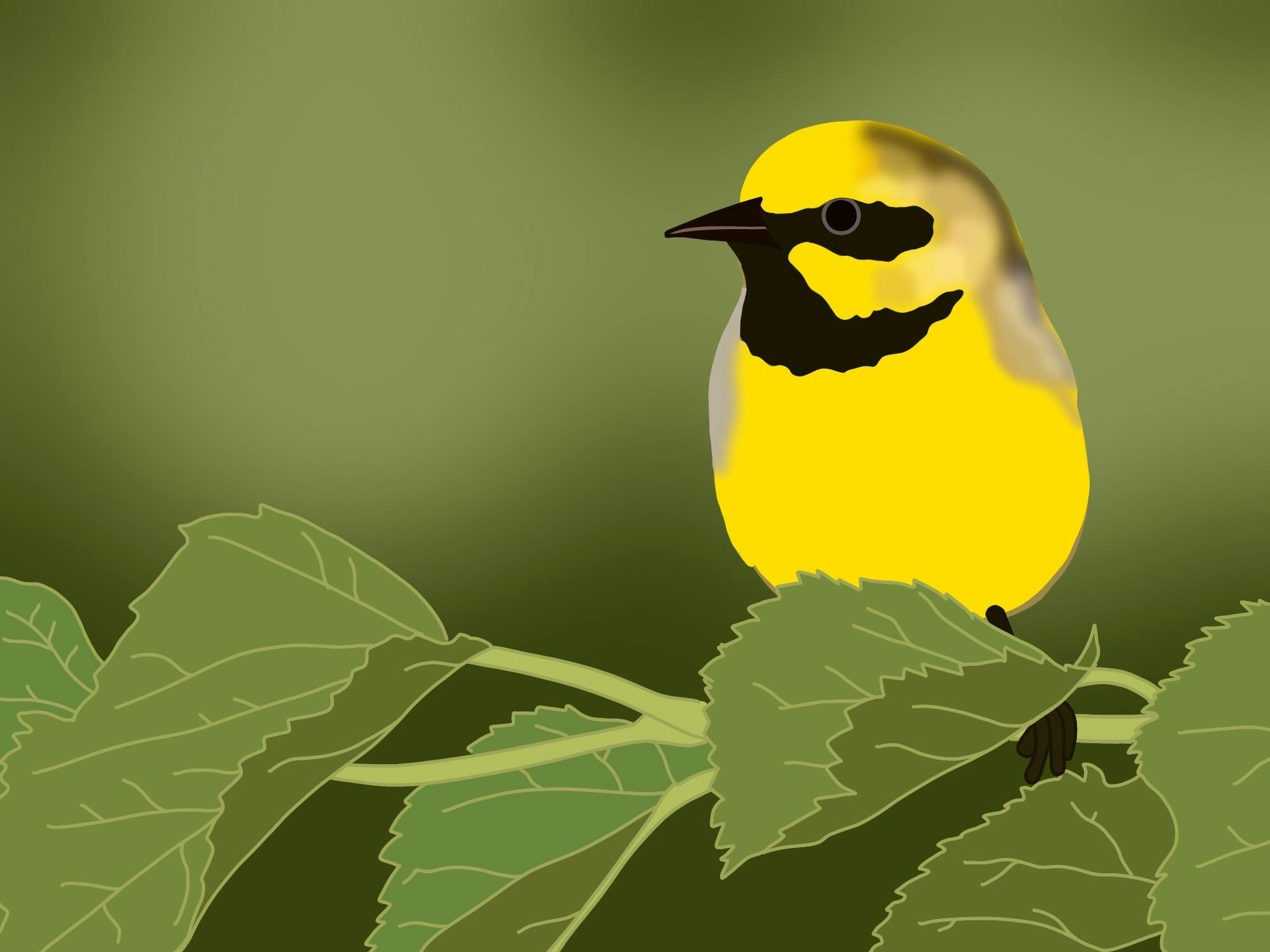MSU and the National Audubon Society are developing new models to support future bird populations across North America and provide information about where conservation efforts are needed the most.
The National Science Foundation awarded the project $1.3 million, which will be used to identify where climate change and land usage present the strongest threats to hundreds of bird species.
“Our main goal is to just try and figure out over the last several decades, why have the birds been declining?” Director of the Ecology, Evolution and Behavior Program Elise Zipkin said. “Can we attribute that more to climate change, land use change, or maybe something else?"
Zipkin and the Audubon will project and assess which bird species are doing well across different areas of the country. One of the data sources includes an online public database called eBird, from the Cornell Lab of Ornithology.
The project will utilize nearly two decades worth of data from four databases. The models will be able to forecast bird responses through the end of this century.
Zipkin said eBird gives community members the opportunity to participate in data collection as well. She said public participation is crucial to attain widespread, hard-to-get information.
“The scientists can’t get everywhere we need to be, there’s not enough of us,” Zipkin said.
Jeffrey Doser, a postdoctoral research associate at Zipkin Quantitative Ecology Lab, also played a critical part in the implementation of the grant.
“I helped write the grant and then kind of come up with the ideas behind it,” Doser said.
He’ll be the researcher that focuses on the statistical analysis of data coming in and then will work with Zipkin and the collaborators at Audubon to interpret it and figure out what it means for bird conservation.
“There’s a variety of stressors that are impacting bird communities across the world, two of which are climate change and land use change,” Doser said. “But really, there's not all that much known about the relative importance of these different variables in influencing birds.”
Doser said this project hopes to achieve the ability to definitively argue that climate change is more important in one area over another.
“It's going to be used to improve our understanding about what is driving declines of bird communities across the US,” Doser said.
Support student media!
Please consider donating to The State News and help fund the future of journalism.
Discussion
Share and discuss “MSU and National Audubon Society awarded $1.3 million by National Science Foundation” on social media.







